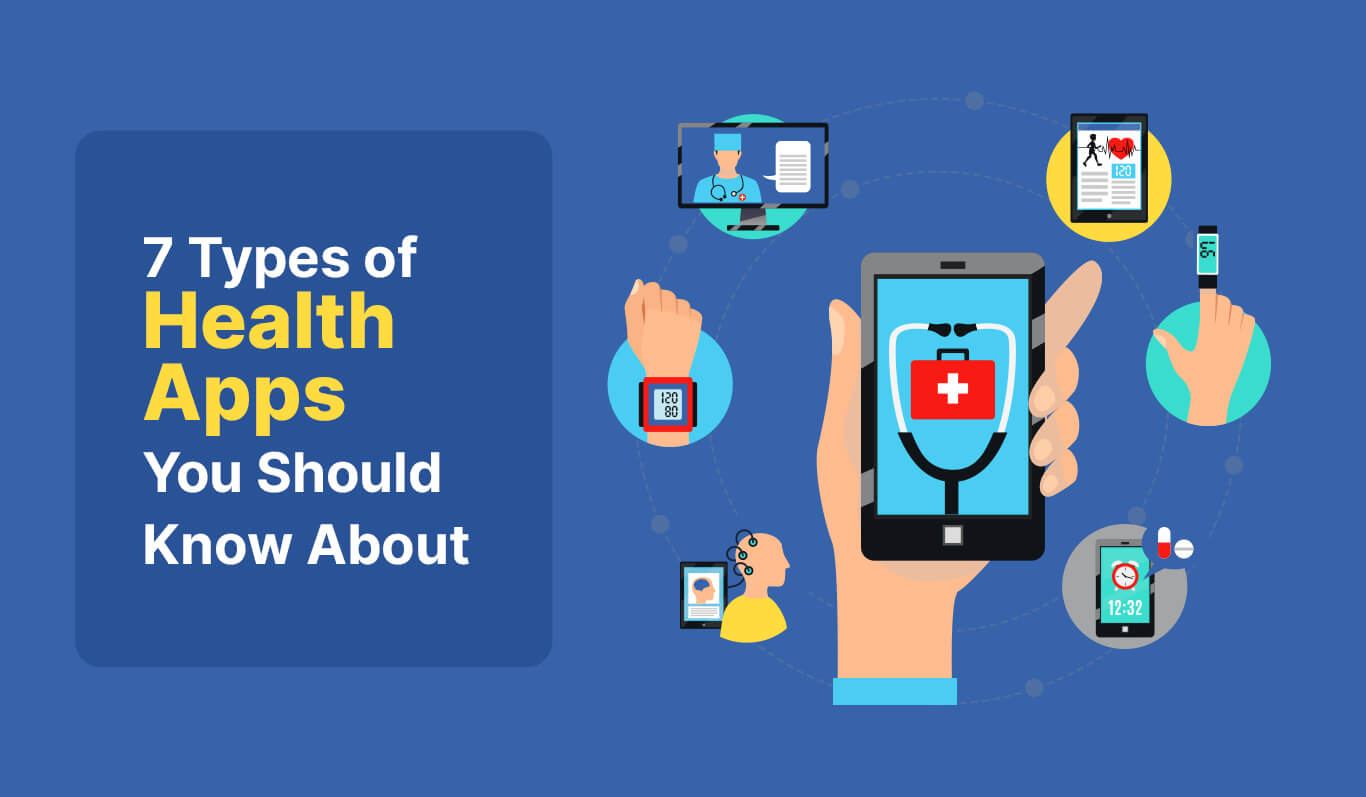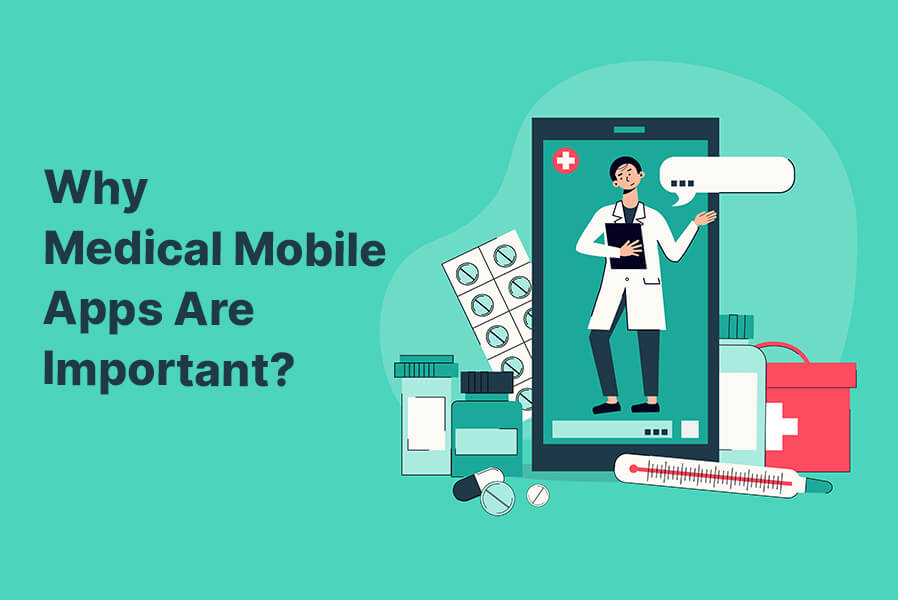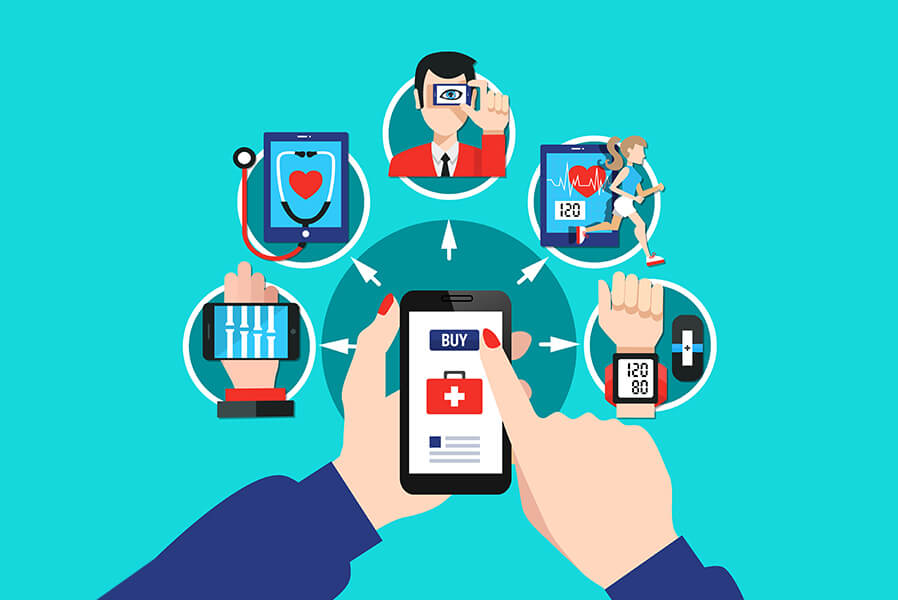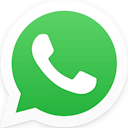7 Types of Health Apps You Should Know About In 2022

Introduction
There are millions of apps in the play store addressing a wide range of uses. And among these health apps are one of the most popular categories. The advancement in the field of mobile technology, increase in usage of handheld devices, improved Wi-Fi capabilities in most countries, and easy of access to smartphones has contributed to a huge extent the widened use of health apps.
According to the data from statista.com, the number of mobile health and fitness app downloads in the United States in the fourth quarter of 2020 made up about 82 million displaying a nine percent increase compared to the number of downloads in 2019.
The corona virus pandemic also contributed heavily to the spread of mobile health and fitness app usage. In India, health and fitness app downloads in 2020 saw a sudden increase, especially during the nationwide lockdown. Most of these users utilized the features of apps such as HealthifyMe to keep track of their overall health and fitness needs.
Why Medical Mobile Apps Are Important?

Medical mobile apps are the future. With such high hopes for the Metaverse, healthcare is one sector where it will have a significant impact. Health apps provide a lot of benefits for the patients, the doctors, and the health systems. Let us look at some of these benefits in detail.
Better patient engagement
- Today, providing quality care is more important than ever. By providing high-quality patient care, offering personalized experiences, and sharing knowledge, mHealth apps facilitate patient engagement.
- You can access your medical records or prescription details without stepping outside.
More accurate diagnosis
- Traditional patient record-keeping can sometimes lead to diagnostic errors, and inaccuracies and more than anything else is time-consuming. In contrast, health apps negate all such risks that might prove fatal to the patient.
- Health apps allow synchronised access to all of the patient's records. This helps the doctors to diagnose better and prescribe the right medicine. Even a new physician who is not familiar with your medical history will be able to prescribe you proper medication with the help of your online data, which can sometimes save your life.
Prompt care wherever you are
- Before health apps came along simplifying your day-to-day tasks and managing your lifestyle, we had phones. The traditional method of calling up at the clinic and scheduling your consultation is replaced by apps that can do all that and more.
- Communicate with your healthcare provider, schedule appointments, get appointment reminders on your phone, and even connect with your care provider anytime you need wherever you are.
- You can even skip the visit to the doctor by connecting with them via video calls or chat.
Adhere to prescription
- One of the challenges in the effective management of healthcare is adherence to prescriptions by the patients. Diagnosis alone does not help to cure an ailment. But with the help of apps like Pill Reminder and Med Tracker, patients will be reminded of how and when to take their medications. Improper use of medication can have fatal results.
- Some of the apps also come with the option to set reminders for the next refill.
Health apps give us the care and efficient on-time treatment that each of us deserves to lead a happier and healthier life.
How Can Mobile Apps Improve Healthcare?
The current trends in app usage show us that there is an increase in health consciousness among users of health applications. Although smartphone usage has its share of ill effects, people becoming more and more aware of different aspects of their health and consciously moving towards healthier lifestyle decisions has brought with it a host of benefits.
Reduction in Healthcare Costs
The rise of chronic illnesses is costing our economy tons of money. With a huge percentage of our population living in the cities, the number of people living with chronic illnesses is quite high with an even greater number of people on the verge of developing a chronic illness. The cost of treating these kinds of diseases will naturally be on the higher side as it requires prolonged care. So how are health apps helping us?
Overall health cost reduction for both patients and health providers are possible with health apps.
More Efficiency and Faster Healthcare Delivery
Health apps are making it easier than ever to collect, manage and monitor health information. With apps like MyFitnessPal and mySugr, people can track their caloriesmoni, tor their food intake, track sugar levels, glucose, carbs, and do a lot more to improve the lifestyle of people. Particularly for people looking to lose weight, recording food intake, monitoring nutrition content in food, etc can help to achieve greater weight loss. Personalized healthcare is now more accessible than ever before.
Type of Healthcare Apps That Are in Use Today

There are a variety of patient healthcare apps out there, enabling consumers to track, analyze, and act on different health issues. Let’s take a look at these apps.
1. Remote patient monitoring app
Remote patient monitoring (RPM) apps allow physicians and patients to communicate remotely. Patients can find physicians in their area via these apps, check their availability, and then schedule an appointment by calling or video calling them.
2. Preventive care apps
People can schedule lab tests using diagnostic test apps at a time that suits them. The program includes other benefits like free report creation, consultations with physicians, sample collection in remote regions, etc.
3. Chronic disease monitoring apps
Health care apps track health vitals regularly and can work in conjunction with third-party monitoring devices and wearables. The collected data can be shared with physicians to better understand how changes in healthcare vitals might affect medications, dosages, and frequency of consumption.
4. Medicine delivery and reminder apps
Chronic disease management revolves around medication adherence. Oftentimes, patients forget to take or refill medication, don't know how much to take or when to take it, change their treatment regimen halfway through, etc. Medicine delivery and reminder apps ensures that the patients get instant access to medicines, are reminded about their medications, such as dosage timings, quantity, and refill reminders.
5. Lifestyle maintenance apps
There are apps to keep track of your water intake, ensure you get ample sleep, count the number of steps, manage sugar intake control, count calories, etc. They can also be integrated with wearables and other tracking devices to help patients reach their goals.
6. Fitness studio apps
The covid-19 pandemic drew a lot of attention to online fitness studios. Get in shape with zumba, yoga, boxing, indoor cycling, etc. This kind of app enables an ‘anytime, anywhere' workout model.
7. Mental health apps
Users can manage stress with mental health tools, activities, and support from a compassionate community. Mhealth apps such as this can be used to manage anxiety, addiction, eating disorders, suicide tendancies, stress management, meditation, etc. Studies show that mental health apps can monitor and treat mental health conditions. As a result of their ease of use, engagement and treatment plans, and the ability to monitor symptoms earlier, these apps are showing results.
Conclusion
Though the features and scale of the app differ from provider to provider, the concept and goal remain the same. We have a team of professionals who are experienced in developing healthcare apps for businesses. Let our health-tech experts guide you to designing a useful and efficient mHealth app for your business.
FAQs
What are health apps?
The term 'health apps' refers to applications that provide health-related services accessible via mobile devices. Health apps are key to the healthcare sector's move towards convenient and safe care through mHealth programs.
What kind of apps are used for healthcare?
There are many popular apps used in healthcare like:
- Medication reminder apps,
- apps like Medical ID that are used in emergency situations,
- apps that allow diabetics to monitor their vitals,
- apps like MyFitnessPal that helps to keep track of food intake, and many more.
What are the advantages of mHealth technology?
- Faster access to providers and care for patients.
- Improves medication adherence.
- Allows remote patient monitoring.
- Helps improve medication reconciliation accuracy and patient safety.
- Ensures better communication between providers.
Which are the most popular health apps people are loving?
- Best tracking health apps E.g., MyFitnessPal, Headspace, Aaptiv
- Best free health apps E.g., Sworkit, Sleepbot, Calm
- Best health apps for android E.g., Fooducate, Home Workout by Leap Fitness
- Best health apps for iOS E.g., LoseIt!, Instant Heart Rate, Pacer, WebMD
- Best mental health app E.g., MoodKit, Talkspace, Better Stop Suicide
Request a Quote
Categories
Popular posts
Best Practices for Software Product Engineering Every CTO Should Implement
2023-14-18How to Build Your Own On-Demand Carpooling App Services?
2023-08-25How to Start an On-Demand Fuel Delivery Business: A Comprehensive Guide
2023-07-28Empowering Miners: How Fleet Management Apps are Transforming the Mining Industry?
2023-07-21A Complete Guide to Develop a Food Delivery App for Restaurants in 2023
2023-07-08Mobile Apps Transforming the Travel Industry: A Game-Changer in Travel Planning and Experience
2023-07-07
